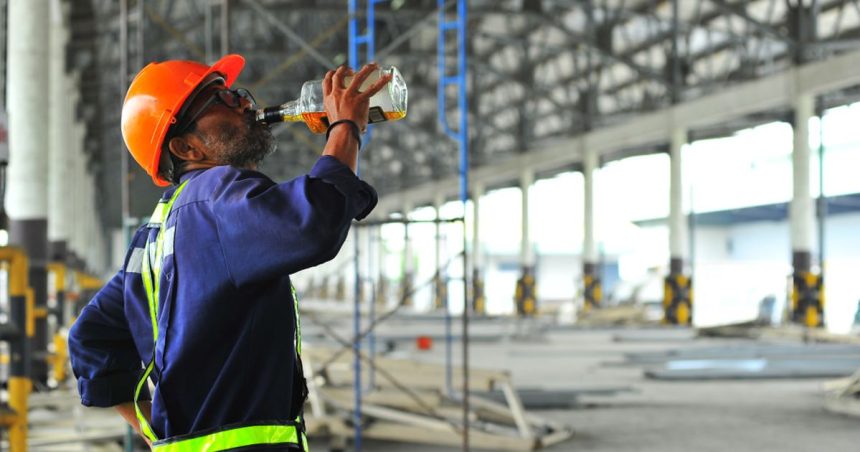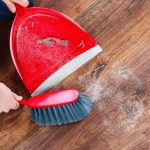Tradies say they would rather self-medicate their aching joints on the job with drugs and alcohol than book a visit with the doc, new research reveals.
With Tradie National Health Month just getting underway, a startling report has uncovered that nine in ten tradies working on the tools experienced a work-related injury in the past year, with half of them saying they’re living in “severe pain”.
Commissioned by the Australian Physiotherapy Association, this National Health Month Survey revealed significant disparities in pain severity between male and female tradies, with women more likely to describe their pain as severe.
Additionally, millennials were identified as the most prone to severe injuries, with experts highlighting the need for targeted health interventions for younger workers.
Taken altogether, the worrying figures from the 2024 Tradies National Health Month Survey would mean that 1.3 million tradies, or almost one in 10 Aussie workers, are suffering on site with a siginfanct portion facing an early retirement due to the physical demands of the job.
Lucia Tsui, an APA Occupational Health Physiotherapist, emphasised the urgent need for accessible pain management and preventive strategies for tradies.
“Pain affects every aspect of a person’s life, from playing with your kids, to your mood, sleep, and even sex life – this is heavily reflected in the survey,” Ms. Tsui noted.
But what really had experts concerned was the worrying stats around self-medication. Of the whopping 87 per cent that said they solved their health issues solo, 30 per cent said they would find the solution to their pain at the bottom of a bottle or other recreational drugs.
But Ms Tsui warned that self-medication was not the answer and could lead to further health complications and encouraged employers to step up to the plate to cut down on substance abuse.
“Employers have a responsibility to their workers. Providing access to physiotherapy and mental health services is crucial for ensuring a healthier, more productive workforce,” she added.
While the aches and pains of hard labour have become par for the course for most tradies, experts also said this years labour shortages added huge pressure on tradies shoulders, causing a massive decline in workers mental health.
One in two tradies reported that the nation’s lingering skills shortage negatively impacted their mental health and had directly affected their physical well-being.
With no end in sight for the country’s tradie troubles and demand peaking at all-time highs, Ms Tsui said the physical and mental health of tradies was more important than ever.
“Untreated physical pain can significantly impact a person’s mental health and often leads to maladaptive coping strategies,” Ms Tsui said.
Breaking the “pain cycle”
While the bleak figures paint a poor picture of tradie wellbeing, Ms Tsui said that she was confident tradies could turn the industry around with movements like the Tradie Health Month Campaign.
All month long, tradies across the country will be hit hard with health-conscious messaging, encouraging them to prioritise their well-being and seek professional help instead of self-medicating.
By promoting exercising like preventive physiotherapy and routine checkups for both physical and mental health, the ACA hopes they can put an end to Australia’s most valued workers suffering in silence.
“Our goal is to break the pain cycle by encouraging tradies to seek professional help,” Ms Tsui said.
“We hope this campaign will raise awareness and provide much-needed support to our hardworking tradies.”







